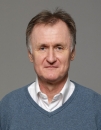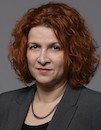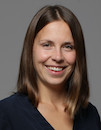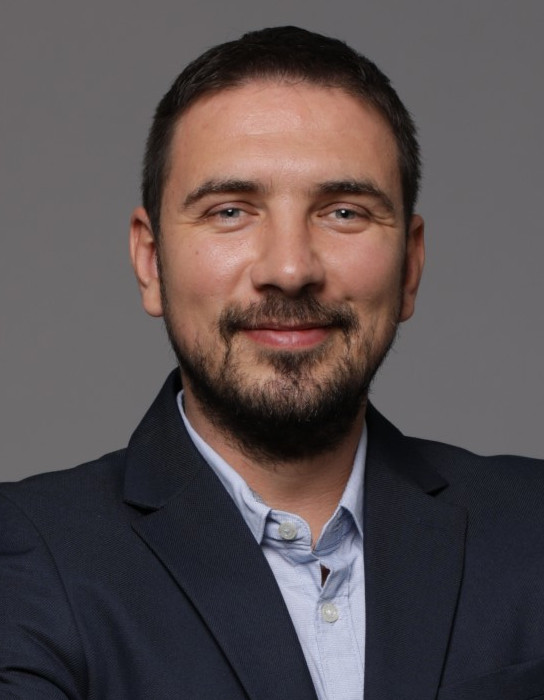Laboratory of Information Processing 2
Lecturers
Laboratory exercises
Course Description
Study Programmes
University graduate
General Competencies
Formal methods in system design: Knowledge in theoretical foundations of formal design methods with practical procedures. Knowledge in tools for formal methods application to system design. Signal Processing in Communications: Skills in programming within Matlab environment. Ability to analyze, model and simulate behavior of data transmission systems. Practical knowledge about lower layers of communication systems. Estimation theory: Practical knowledge to make identification experiments on linear systems, select optimal model structure and to estimate the system model using Matlab System Identification Toolbox. Multimedia communications: Coding formats, content synchronization, quality of presentation, multiuser multimedia applications, quality of service in Internet.
Learning Outcomes
- match theoretical foundations of formal design methods with practical procedures
- analyze and classify results obtained by the application of tools for formal system verification
- develop various parts of communication systems, for example filters, Hilbert transformers, multipliers, decimators and interpolators, modulators and demodulators, frequency synthesizers
- develop behavioral model of software defined radio receiver in Matlab environment
- apply nonparametric and parametric methods for estimation of mathematical models of systems
- apply state estimators of stochastic systems with Gaussian distribution
- explain Voice over IP (VoIP) and network and application management protocols on
- create VoIP sessions following the given scenarios
Forms of Teaching
-
Exams-
Laboratory Work-
Experimental Exercises-
Consultations-
Grading Method
| Continuous Assessment | Exam | |||||
|---|---|---|---|---|---|---|
| Type | Threshold | Percent of Grade | Threshold | Percent of Grade | ||
| Laboratory Exercises | 0 % | 50 % | 0 % | 0 % | ||
| Mid Term Exam: Written | 0 % | 25 % | 0 % | |||
| Final Exam: Written | 0 % | 25 % | ||||
Week by Week Schedule
- Introduction.
- Formal Methods in System Design: Hardware verification (e.g. multiple request arbiter).
- Formal Methods in System Design: Formal verification of critical operating systems synchronization and communication protocols.
- Formal Methods in System Design: Formal verification of communication protocols in distributed systems.
- Communication signal processing: Analysis of continuous-time signals using discrete Fourier transform. Design of filters with real and complex coefficients. Design of Hilbert transformers. Generation of complex envelope of amplitude, phase and angle modulated signals.
- Communication signal processing: Modeling of analog transmission systems in Matlab environment. Modeling of software defined radio receivers in Matlab environment.
- Communication signal processing: Digital communication systems. Baseband transmission of pulses. Performance measuring of transmission systems.
- Midterm exam.
- Estimation theory: Nonparametric identification methods.
- Estimation theory: Parametric identification methods.
- Estimation theory: Estimation of the satellite position in the planar orbit around Earth.
- Multimedia communications: Analysis of VOIP session traffic.
- Multimedia communications: Analysis of user behaviors in networked virtual environments I.
- Multimedia communications: Analysis of user behaviors in networked virtual environments II.
- Final exam.


 Pristupačnost
Pristupačnost



